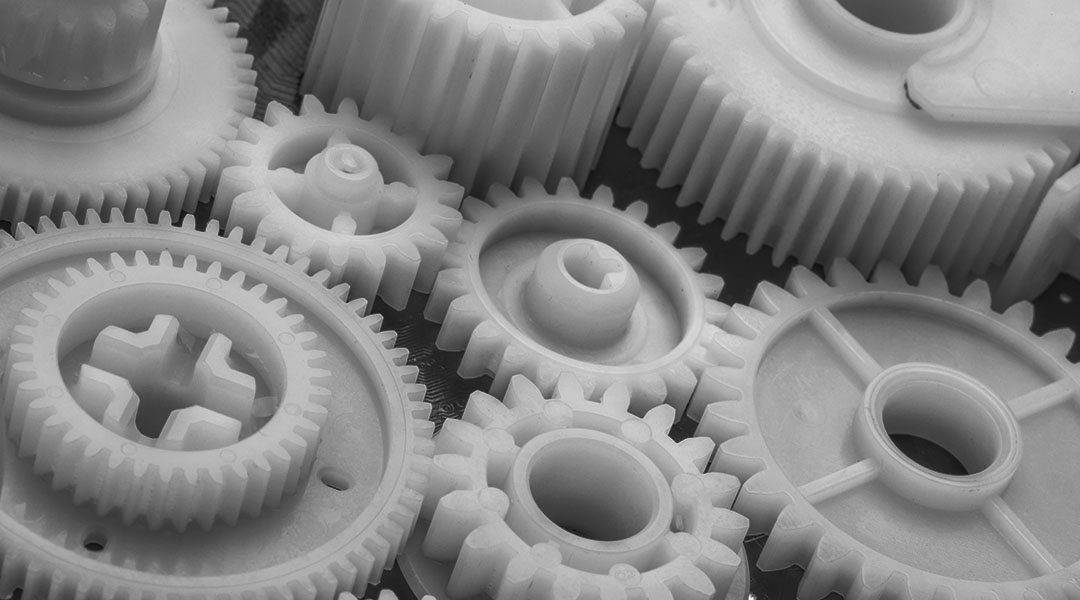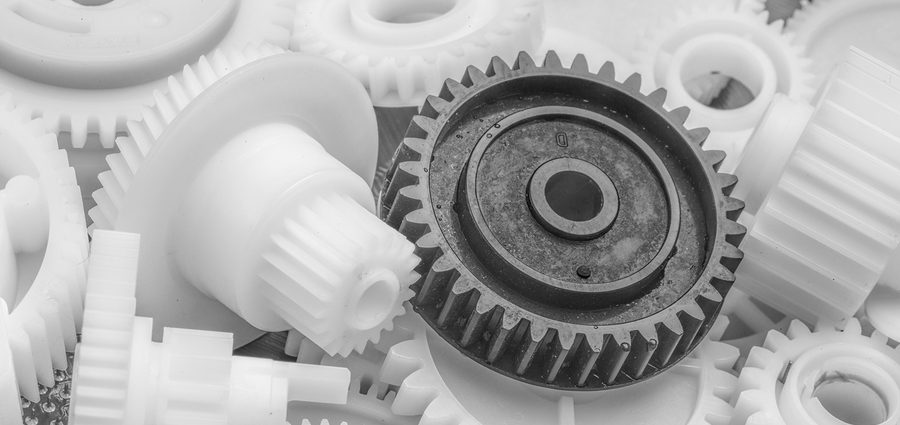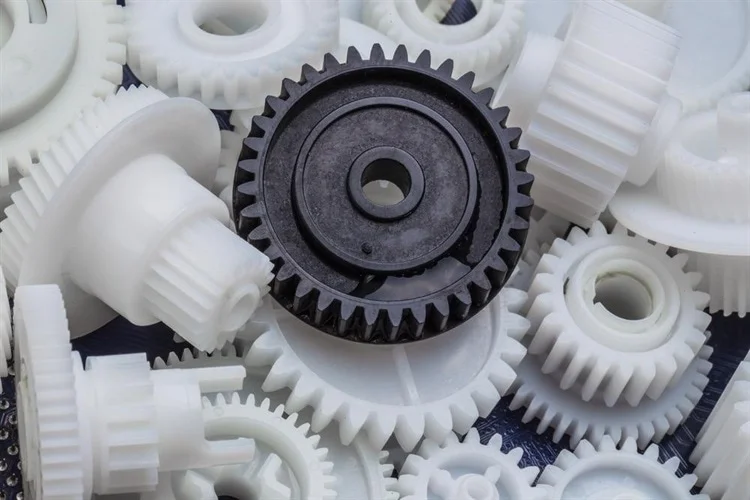Product Description
Basic Info.
| Part No.: | Weight Capacity | Outside Tube size | Wheel Type | Wheel Size | Height | Surface Finish |
| JW350-8R01 | 350 lbs | Φ48 mm | Rubber wheel | 8” | 590-860mm | Zinc plated (electric galvanizing) |
| JW350-8R02 | 350 lbs | Φ48 mm | Rubber wheel | 8” | 580-810mm | Zinc plated (electric galvanizing) |
| JW750-6P01 | 750 lbs | Φ48 mm | Plastic wheel | 6” | 590-850mm | Zinc plated (electric galvanizing) |
| JW750-6R02 | 750 lbs | Φ48 mm | Rubber Wheel | 6” | 590-850mm | Zinc plated (electric galvanizing) |
| JW1500-8R01 | 1500 lbs | Φ48 mm | Rubber Wheel | 8” | 680-860mm | Zinc plated (electric galvanizing) |
| JW1500-8R02 | 1500 lbs | Φ48 mm | Rubber Wheel | 8” | 680-860mm | Zinc plated (electric galvanizing) |
| JW1500-8P03 | 1500 lbs | Φ48 mm | Plastic wheel | 8” | 610-830mm | Zinc plated (electric galvanizing) |
| JW1500-62P | 1500 lbs | 57mm | plastic wheel x 2 | 6” | 610-830mm | Zinc plated (electric galvanizing) |
| JW1T-8C01 | 2000 lbs | 50mm | Casting Wheel | 8” | 1040-1295 | Zinc plated (electric galvanizing) |
| TJ2000-01 | 2000 lbs | 57mm | 420-670mm | Zinc plated (electric galvanizing) | ||
| TJ5000-01 | 5000 lbs | 57mm | 540-920mm | black painted of outer pipe, zinc plated of inner pipe | ||
| TJ7000-01 | 7000 lbs | 64x64mm | 630-1571 | black painted of outer pipe, zinc plated of inner pipe | ||
| JT2000-02 | 2000 lbs | 57mm | 600-980mm | black painted of outer pipe, zinc plated of inner pipe |
1.Take protective measures for some jockey whees or trailer jacks to prevent surface scratches or demange from affecting the sale.
2.Customize the packaging and packaging size according to different customer requirements.
3.Use steel pallets rather than wood pallets. Because steel pallets can be reuse and be handled easily.
A jockey wheel is 1 of the most vital pieces of a trailer equipment and allows the caravan or trailer to be easily moved from place to place whilst unhitched from the tow vehicle. It also keeps the A-Frame / drawbar off the ground, and is vital to help with hitching and un-hitching from the vehicle tow bar – especially if the trailer is loaded. Professional manufacturing, exquisite workmanship, heavy duty, stable performance and high reliability.
We have advanced CNC lathes, laser cutting machines, robot welding machines,punching machines etc.
The advanced laser cutting machine can cut 0.5mm-16mm steel sheet. Advanced laser cutting technology
make it easier to develop new products and greatly saves customers’ mold costs.
Robot welding machines can not only improve production efficiency, but also improve welding quality
making the parts more stronger.
1. In the trailer markets for more than decades and have professional technical and manufacturing team.
2. We can produce various kinds of axles including CHINAMFG axles and spring axles with different kinds of brakes.
3. Accep customized and OEM products. We can produce based on your unique requirement.
4. perfect after-sales serviceat and leat 1 year warranty for our products.
5. Customize the package according to each customer to save freight.
HangZhou HaiHui Vehicle Parts Co., Ltd. |
Our comapny is a professional trailer parts manufacturer in China. We have been committed to manufacturing trailer parts since 2002. Our main products are trailer axles, trailer fenders, trailer jacks and boat trailer parts. We do many customized products as well. Our products exported to Canada, USA Europe and Australia markets. Supplying a wide ranges of trailer parts, we are 1 of companies that has the most complete trailer parts range.
There are advanced equipment such as laser cutting machine, robot welding machines, CNC lathes and CNC bending machines in the factory.We have have professional and stict QC team to ensure our products quality.
We provide perfect after-sales serviceat and leat 1 year warranty for our products. Cooperate with us you will never need to worry about after-sales problems. Choosing us will be a choice without regret.
| FAQ | ||
| 1) Do you have factory? | ||
| Yes, we have our own factory, own engineers, we can meet custom’s unique requirement. |
||
| 2) Do you provide sample? Free or charge? | ||
| Sample can be submitted for clients check and approval ; Normal sample will be take cost and can be consider to return back since order be placed. |
||
| 3) Can you manufacture the parts according to our size? | ||
| Depend on make tooling we can support your to be achieved your fixed request size for items. |
||
| 4)What is your term of payment? | ||
| Normally for bulk T/T and L/C will be workable For samples , Paypal /Western Union can be accept |
||
| 5) How long is your delivery time? | ||
| Normal 25 working days for delivery; CHINAMFG time be about 35 working days. |
||
Trailer Fender & Spring & Trailer Axle & Trailer Couple
Click here back to homepage
/* January 22, 2571 19:08:37 */!function(){function s(e,r){var a,o={};try{e&&e.split(“,”).forEach(function(e,t){e&&(a=e.match(/(.*?):(.*)$/))&&1
| Type: | Wheel |
|---|---|
| Certification: | ISO/TS16949, CCC, DOT, ISO, CE |
| Loading Weight: | 1500 Lbs |
| Axle Number: | 1 |
| Tire Number: | 2 |
| Condition: | New |
| Samples: |
US$ 15/Piece
1 Piece(Min.Order) | |
|---|
| Customization: |
Available
|
|
|---|

Can you provide examples of products or machinery that commonly use plastic wheels?
Plastic wheels are used in a wide range of products and machinery across various industries due to their versatility and unique qualities. Here are examples of products and machinery that commonly use plastic wheels:
- 1. Office Furniture: Office chairs often feature plastic caster wheels for smooth and quiet movement on office floors.
- 2. Material Handling Equipment: Hand trucks, dollies, and carts used in warehouses and distribution centers frequently use plastic wheels to transport goods efficiently.
- 3. Lawn and Garden Equipment: Lawnmowers, garden carts, and wheelbarrows are equipped with plastic wheels for easy maneuverability on lawns and uneven terrain.
- 4. Retail and Shopping Carts: Shopping carts in supermarkets and retail stores typically have plastic wheels for easy navigation through aisles.
- 5. Medical Equipment: Hospital beds, medical carts, and mobility aids often incorporate plastic wheels, as they are easy to clean and resist corrosion.
- 6. Aerospace Ground Support: Ground support equipment at airports, including baggage carts and maintenance vehicles, may use plastic wheels for their lightweight properties.
- 7. Food and Beverage Handling: Food service equipment, such as serving trolleys and food processing machinery, often feature plastic wheels due to their resistance to moisture and corrosion.
- 8. Recreational Vehicles (RVs): RV leveling jacks and stabilizers utilize plastic wheels to provide stability and ease of adjustment when parked.
- 9. DIY and Home Improvement Tools: Hand trucks, utility carts, and toolboxes used for DIY and home improvement projects may have plastic wheels for ease of movement.
- 10. Industrial Machinery: Some industrial machines and equipment incorporate plastic wheels to facilitate movement and protect factory floors.
- 11. Conveyor Systems: Conveyor systems in manufacturing and logistics often use plastic wheels to support the movement of goods along production lines.
- 12. Skateboards and Skateboarding Equipment: Skateboard wheels are typically made of plastic, offering various sizes and hardness levels to suit different riding styles.
- 13. Boat Trailer Rollers: Rollers on boat trailers are commonly made of plastic, as they resist corrosion when exposed to water and provide smooth boat launching and retrieval.
- 14. Gate Hardware: Some gate wheels and sliding door systems feature plastic wheels for smooth operation and reduced noise.
These examples demonstrate the widespread use of plastic wheels in diverse applications, emphasizing their adaptability and suitability for various industries and products.

What considerations should be taken into account when using plastic wheels in different environments?
Using plastic wheels in various environments requires careful consideration of factors to ensure optimal performance and longevity. Here are key considerations when using plastic wheels in different settings:
- 1. Load Capacity: Determine the weight-bearing capacity required for your specific application. Ensure that the plastic wheels you choose can handle the anticipated loads without deformation or failure.
- 2. Material Selection: Select the appropriate plastic material for the environment. Different plastics offer varying levels of resistance to chemicals, moisture, temperature extremes, and UV exposure. Choose a material that aligns with the conditions in which the wheels will operate.
- 3. Temperature Range: Consider the temperature range of the environment. Some plastic materials may become brittle in cold conditions or soften in high heat. Ensure that the selected plastic wheels are suitable for the expected temperature extremes.
- 4. Chemical Exposure: Evaluate whether the wheels will come into contact with chemicals, solvents, or corrosive substances. Choose plastic materials with high chemical resistance to prevent degradation or weakening of the wheels.
- 5. Moisture and Humidity: If the environment is humid or wet, opt for plastic wheels that are moisture-resistant and do not absorb water. This prevents swelling or degradation of the wheels in damp conditions.
- 6. Surface Conditions: Consider the condition of the surfaces the wheels will roll on. Ensure that the flooring or terrain is free from sharp objects, debris, or obstacles that could cause premature wear or damage to the wheels.
- 7. Floor Protection: In indoor environments, choose plastic wheels that do not mark or damage flooring surfaces. Non-marking wheels are essential for preserving the appearance of floors.
- 8. Noise Levels: Assess the noise requirements of the environment. If noise reduction is a priority, select plastic wheels known for their quiet operation, and consider noise-dampening design features.
- 9. Customization: Determine if customization is necessary. Some applications may benefit from wheels with specific tread patterns, sizes, or load ratings. Customization allows you to tailor the wheels to your exact requirements.
- 10. Safety: Prioritize safety considerations, especially in industrial or automotive settings. Ensure that the chosen plastic wheels provide stability and do not compromise safety when handling heavy loads or operating in challenging conditions.
- 11. Maintenance: Plan for regular maintenance and inspections of the wheels based on the environment’s demands. Follow manufacturer guidelines for maintenance practices to extend wheel life and ensure continued functionality.
- 12. Compatibility: Ensure that the plastic wheels are compatible with the equipment or vehicles they will be installed on. Consider factors like wheel size, attachment mechanisms, and load distribution to avoid compatibility issues.
- 13. Regulatory Compliance: In some industries, compliance with specific regulations or standards may be necessary. Ensure that the plastic wheels meet any relevant industry standards or certifications.
By carefully assessing and addressing these considerations, you can make informed decisions when using plastic wheels in diverse environments, optimizing their performance, and ensuring their suitability for the specific conditions they will encounter.

In what scenarios are plastic wheels commonly used, and how do they compare to metal wheels?
Plastic wheels find common usage in various scenarios due to their unique characteristics. Here are scenarios where plastic wheels are commonly used, along with a comparison to metal wheels:
- 1. Indoor Material Handling: Plastic wheels are often preferred for indoor material handling equipment, such as carts and dollies. They offer quiet and smooth operation, making them suitable for use in warehouses and factories. Compared to metal wheels, plastic wheels are quieter and less likely to damage indoor flooring.
- 2. Office Furniture: Plastic wheels are commonly used on office chairs and furniture. They provide ease of movement, floor protection, and a quiet glide. In contrast, metal wheels can be noisy and may damage flooring surfaces.
- 3. Light-Duty Automotive Applications: In automotive applications, plastic wheels are used for lightweight components like automotive jacks and tool carts. They offer a balance of durability, weight savings, and cost-effectiveness. Metal wheels, on the other hand, are used for heavy-duty automotive applications.
- 4. Retail and Shopping Carts: Plastic wheels are standard in retail and shopping cart applications. They provide a smooth and quiet shopping experience and reduce the effort required to push carts. Metal wheels are less common in this scenario due to their noise and potential to damage store floors.
- 5. Medical Equipment: Plastic wheels are used in medical equipment, where cleanliness, non-corrosiveness, and ease of cleaning are essential. Metal wheels may not be suitable due to corrosion concerns and potential difficulty in sterilization.
- 6. Aerospace Ground Support: In the aerospace industry, plastic wheels are used in ground support equipment, maintenance carts, and aircraft cabin service carts. Their lightweight construction is advantageous for handling equipment around aircraft. Metal wheels are used in some heavy-duty ground support applications.
- 7. Food and Beverage Handling: Plastic wheels are used in food service equipment, as they resist moisture and corrosion. They are ideal for food carts, serving trolleys, and food processing machinery. Metal wheels may not be suitable in food handling due to corrosion risks.
- 8. Recreational Vehicles (RVs) and Trailers: Plastic wheels are used in RV leveling jacks and trailer jacks. They provide stability and ease of adjustment for leveling RVs and trailers when parked. Metal wheels are not common in these applications.
- 9. DIY and Home Improvement: Plastic wheels are used in DIY projects and home improvement applications, such as hand trucks and utility carts. They offer ease of movement and floor protection. Metal wheels are less favored in these scenarios due to potential noise and floor damage.
When comparing plastic wheels to metal wheels, the choice depends on factors like load capacity, durability, noise level, and the specific application’s requirements. Plastic wheels excel in scenarios where lightweight, quiet operation, and floor protection are essential, while metal wheels are preferred for heavy-duty applications with high load requirements.


editor by Dream 2024-05-03